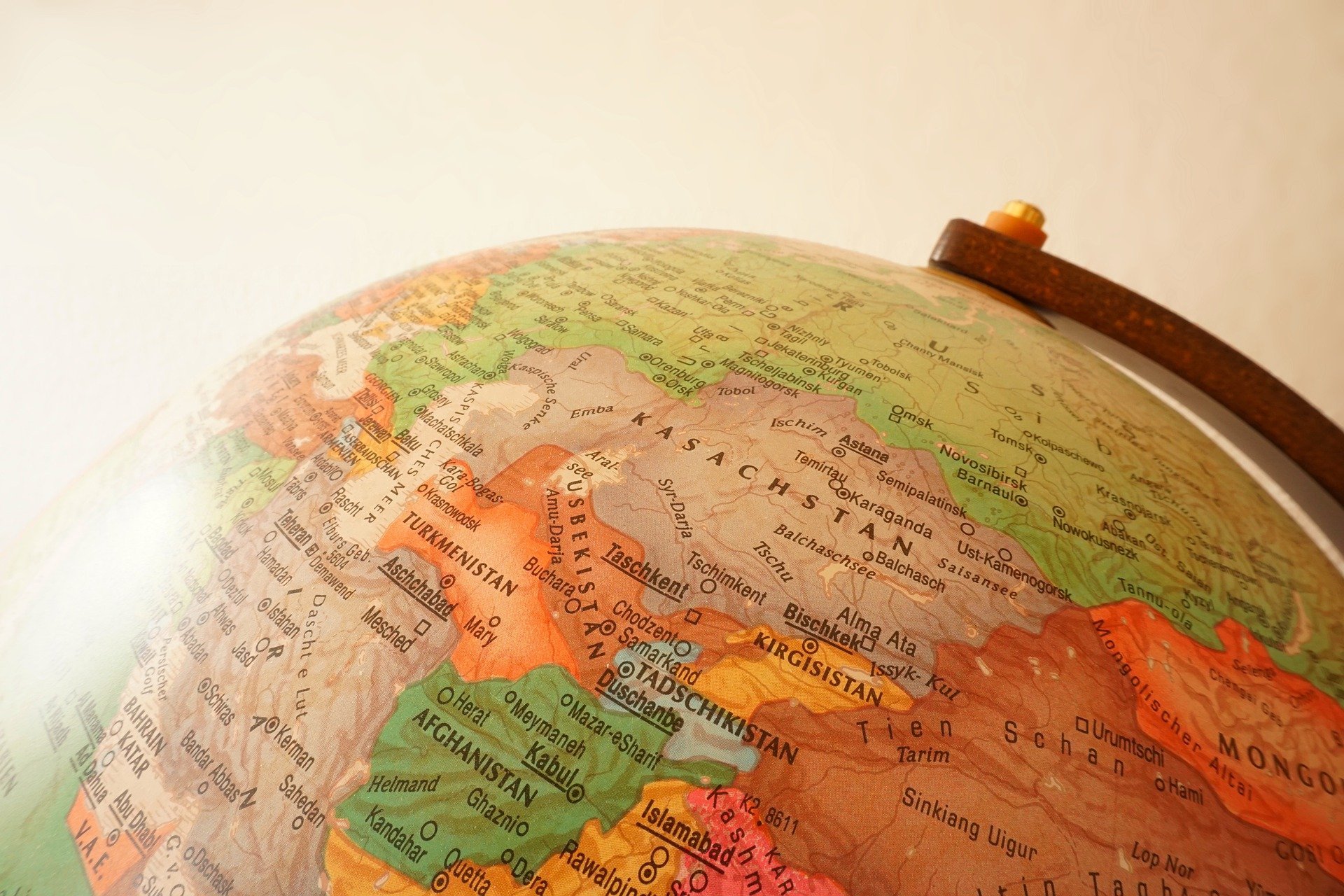I have never used the notion “post-Soviet” when speaking about my country – the Republic of Latvia. My observations as a historian and as a diplomat force me to admit that common knowledge about the post-Second World War history usually connects the Baltic states with the Soviet Union and consequently the Baltic states are put into the basket of post-Soviet states. This interpretation is only partially correct and often confusing. In order to clarify it some facts have to be mentioned. The known expression “facta crescunt” - the facts proof - is applicable in this situation.
The role of Georgia in the post-communist space and challenges small countries like Georgia are facing on a daily basis, being alone in a war against Russia
My comments at the Conference on the role of Georgia in the post-communist space and challenges small countries like Georgia are facing on a daily basis, being alone in a war against Russia. What is the key solution, to be pragmatic and wait for further development or is there any chance of improvements of relations?
New regionalism in Central Asia
From the Soviet Union to the Post-Soviet Space and Beyond
Recently the IIP – with Maryia Hushcha excellently in charge – organized jointly with partners a conference on the question if and in what way the post-Soviet space exists. Of course, one can answer this question in different ways – depending on the perspective one chooses. One way would be to look at it from a pure time perspective or regard it from a geographical point of view. Then the answer must be yes, there is an area which can be defined as post-Soviet geographically and an era which is defined as post-Soviet historically. But from a political and especially geopolitical point of view you may look at it differently. Post-Soviet could be used in a derogatory term and deny the countries, which have been included in - or even occupied by - the Soviet Union, an independent position and policy. Therefore, I can fully understand the hesitancy of many politicians and social scientists of these countries to accept that term.
Some thoughts on the “homo sovieticus”: is it a useful term?
If we are to discuss the homo sovieticus, it is essential to know what we are talking about. Can this notion really work as a scientific concept? Does it have any analytical purchase? The expression has been often used as a pejorative term, a slur that is meant to refer to all the negative aspects of the Soviet historical experience, which allegedly made an irreversible impact on the post-Soviet people. In its most extreme forms, it may even be deemed racist. The homo sovieticus is envisioned as some kind of an “orc” from the “Soviet Mordor.” He is evil and repulsive by his very nature.
The Russian Political System: The Trap of the Empire's Legacy
A few weeks ago, I went into a souvenir store in one of the capitals of Baltic states. Three saleswomen were talking in Russian and the oldest of them was fiercely trying to prove something to her colleagues, mentioning in her speech the names of Soviet leaders from a distanced epoch – Brezhnev, Kosygin... It was so strange to witness these nostalgic signs of another era in one of the successful and modernized capitals of the new Europe. But the legacy of the empire has not simply disappeared, it is here with us in the present moment.








